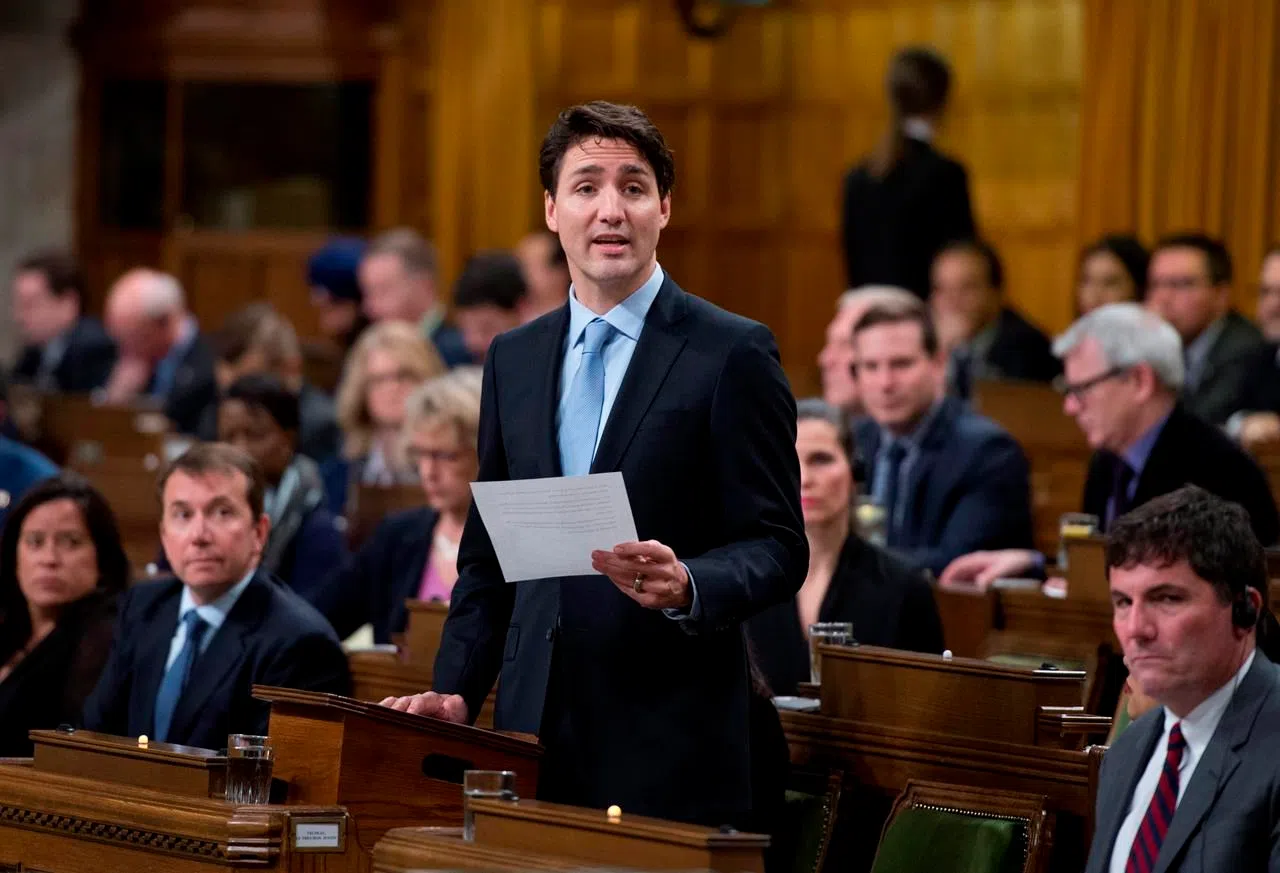
Trudeau: ‘trusted’ U.S. administration said Assad responsible for gas attack
OTTAWA — Prime Minister Justin Trudeau says new information received Thursday night from Canada’s trusted ally the United States persuaded him that Syrian President Bashar Assad was responsible for the chemical weapons attack on his people this week.
The government was briefed about an hour before a barrage of U.S. cruise missiles was launched Thursday against an airbase in Syria, said Trudeau. He then spoke by phone Friday with President Donald Trump.
The strike prompted an abrupt change in Trudeau’s position: after stopping short Thursday of directly blaming Assad, he accused the Syrian government on Friday of using chemical weapons against its own people.
The Conservative opposition seized on Trudeau’s comments and accused him of flip-flopping.


